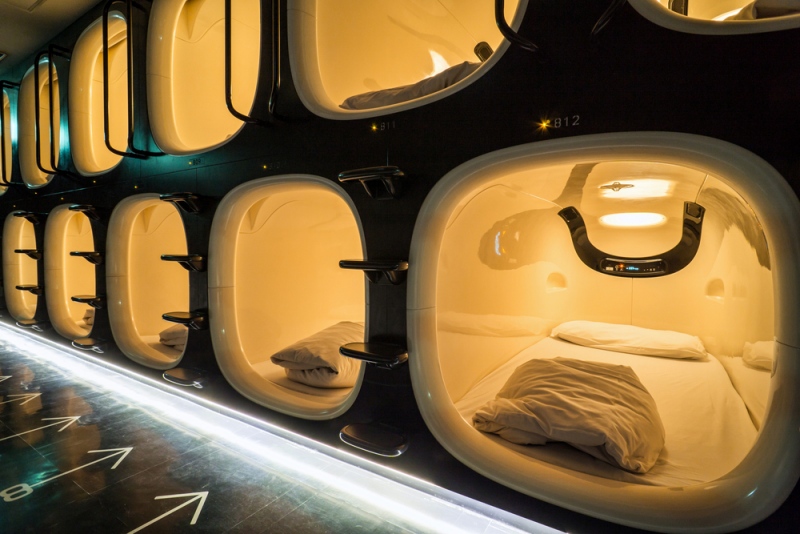<p style="text-align: justify;">Sleeping pods and wellness rooms are yet to be embraced in the workplace, despite research showing that naps increase productivity. One of the reasons could be the $13,000 price tag, but more so some corporate cultures are not as flexible as others when it comes to allowing their employees to sleep at the workplace. They are currently a trend in Silicon Valley, one that has been going on for the past decade.</p>
<p style="text-align: justify;"><a href="https://westmagazine.net">For the most part, IT companies</a> show to have embraced these standards. The idea behind having sleeping pods is to cater to employee wellness as well as attract and retain them for the sake of the company’s output. The IT industry is not the only sector that offers these pods. Corporations who thrive on the talent of their workforce are doing the same. They include Proctor and Gamble, KPWG and PwC. Even companies needing a Qualified Small Business Corporation can benefit.</p>
<p style="text-align: justify;">Efforts to improve productivity are continually being seen in sectors beyond technology, medicine, and aviation, these being the early adopters of initiatives and rules around rest. The wellness programs that were in place for decades focused on exercise, diet, weight and reducing or eliminating smoking. Americans work more extended hours than they did previously, and when an individual is tired, their net productivity decreases. With adequate sleep, some programs studies show that it also lowers workplace injuries and health care costs for the employer. According to a Union Pacific Railroad Employees Health System study of 2012, screening for sleep disorders could save an organization almost $5 million over a two year period.</p>
<p style="text-align: justify;">The prevalence of sleep disorders is up. According to the American Sleep Association, 50-70 million Americans suffer from a sleep disorder. Some of the causes can be attributed to smartphone attachment and the constant need for many to be online for work obligations. The implications are far-reaching. Errors caused by sleep deprivation, on some professions like firefighters, pilots, and medical practitioners, could lead to loss of life. A mistake in a finance or law company could lead to loss of money or livelihood for those in the network and beyond. 35.3% adults sleep less than the recommended 7 hours of sleep, a factor that affects productivity because a person will entirely naturally be tired throughout the day.</p>
<p style="text-align: justify;">Removal of stigma from the idea of “sleeping on the job” not just for employers and those in management positions, but employees too is needed. Along with the implementation of sleeping rooms, there is a need for organizations to host sleeping experts who impart knowledge on the importance of sleep and taking regular breaks. The concern, however, is that this approach, especially in some industries, there are no quantifiable data to measure increased productivity. In the long run, however, there are only benefits to be gained.</p>

Sleeping in the Workplace
